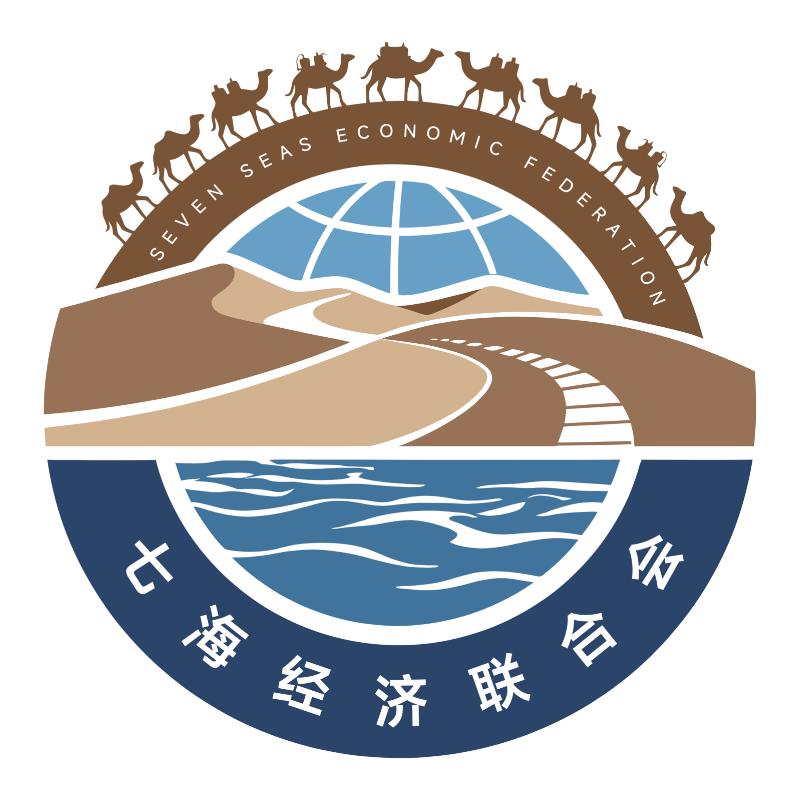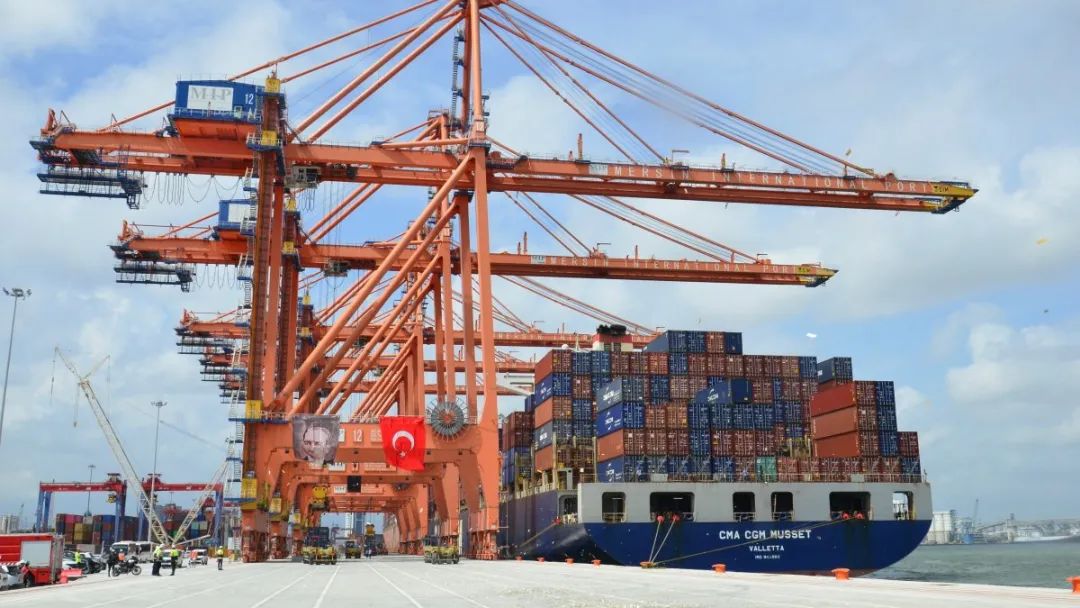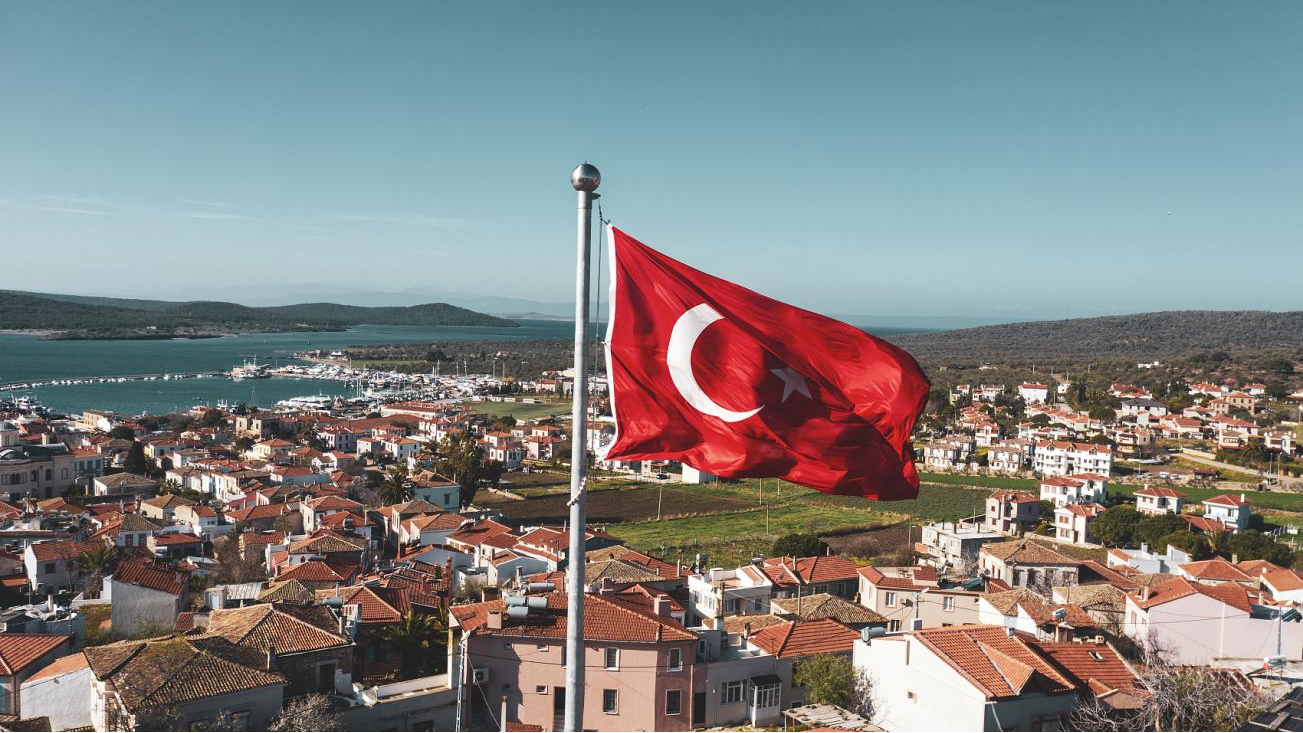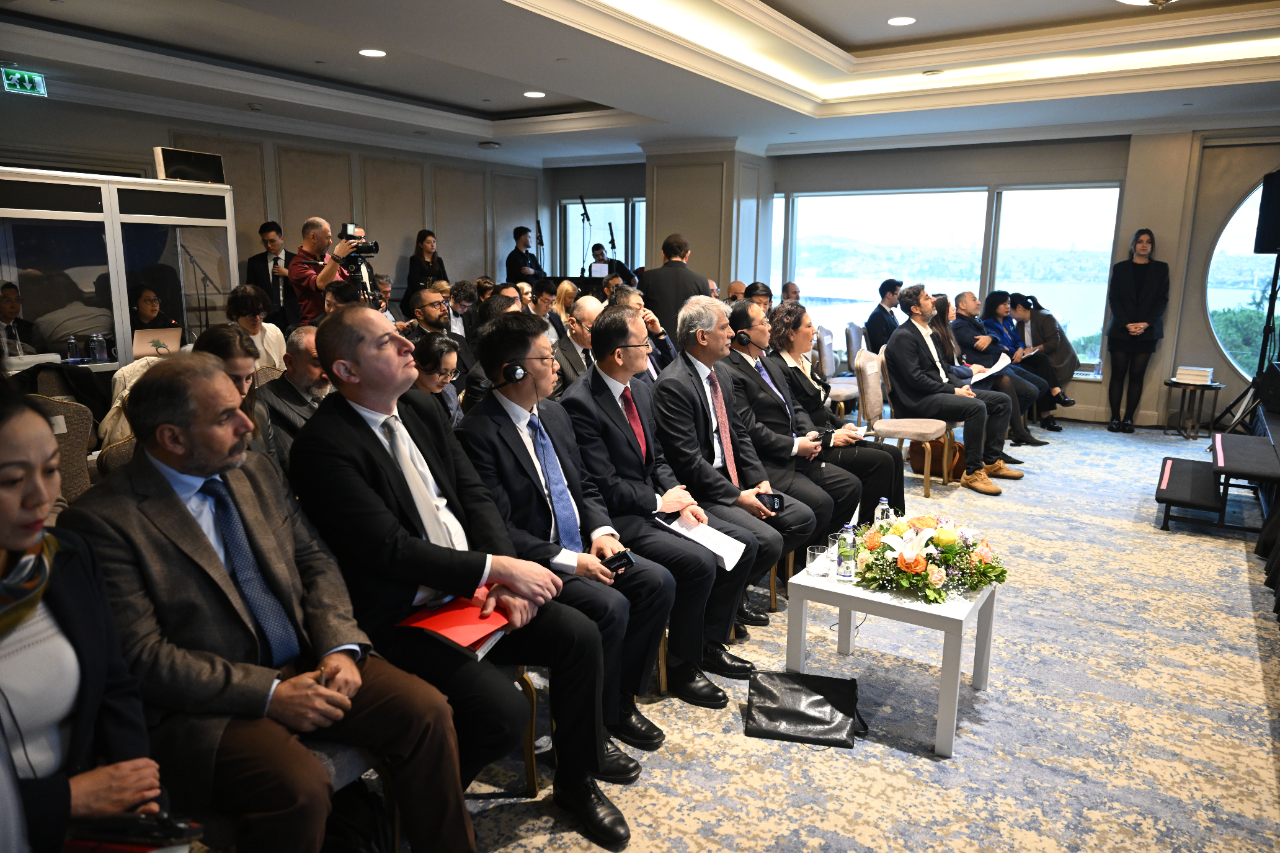Overview of Türkiye's financial market
With the rapid economic development, Türkiye's financial system has gradually matured. At present, Türkiye's financial market consists of banking, insurance, securities and other industries. Among them, there are 51 banks, whose financial services account for more than 70% of Türkiye's financial market. The penetration rate of the insurance market is low, accounting for only 1.5% of Türkiye's annual GDP. The origin of Türkiye's stock market can be traced back to the 1950s. The Istanbul Stock Exchange was one of the five largest stock exchanges in the world.
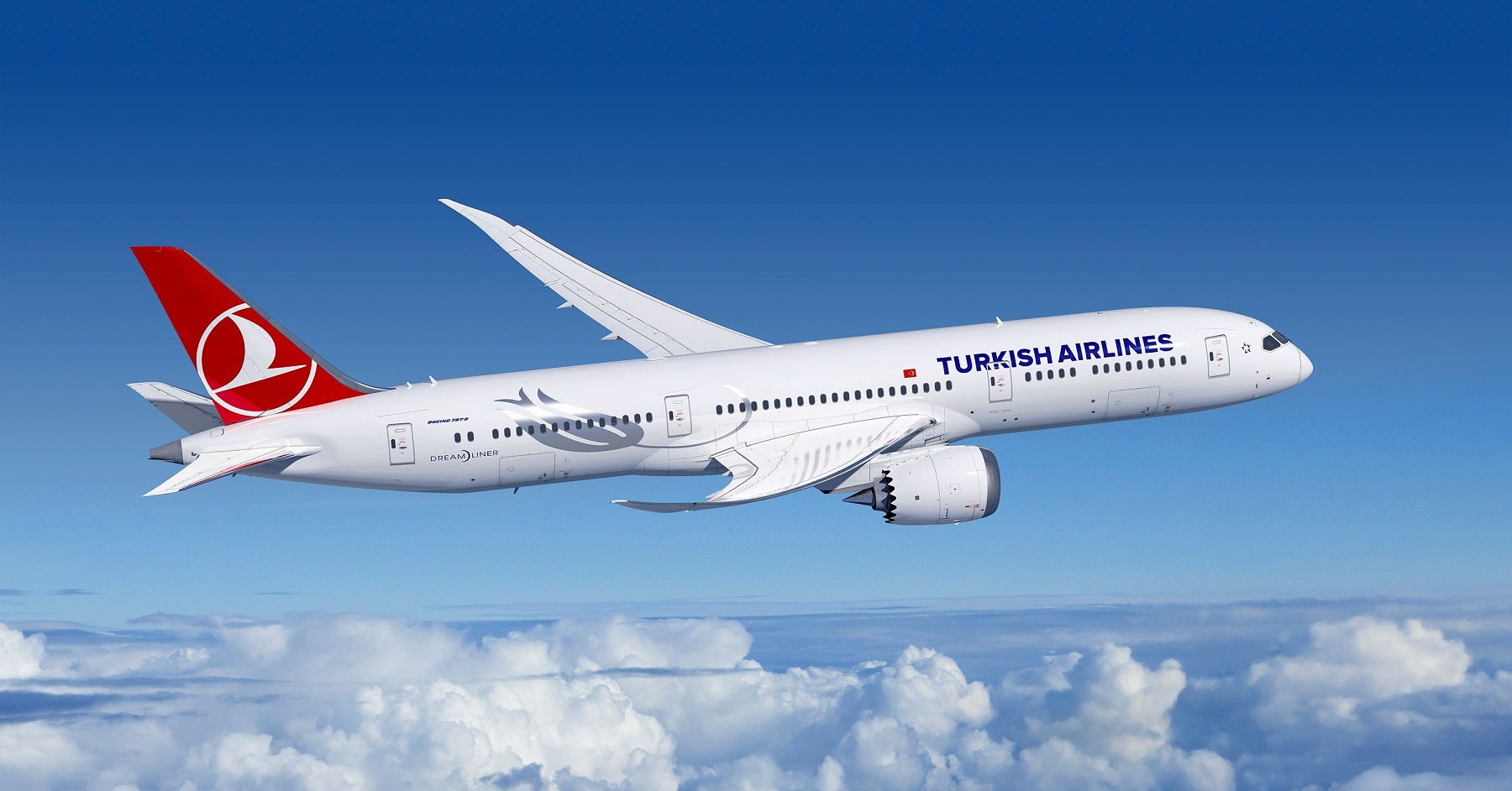
1. Banking system
Central bank
The Central Bank of the Republic of Türkiye was founded on June 11, 1930, with its headquarters in Ankara. Its responsibilities include formulating and implementing monetary and exchange rate policies, managing Türkiye's international reserves, printing and issuing notes, etc., to maintain Türkiye's monetary and financial stability.
commercial bank
Türkiye's commercial banks are mainly composed of state-owned (public capital) and private (private equity) commercial banks. State run commercial banks include Türkiye Agricultural Bank, Türkiye People's Bank and Türkiye Charity Bank; Private commercial banks include Türkiye Commercial Bank, Yapei and Kreidi Bank, Türkiye
Economic Bank, Bank of Türkiye, etc. As of March 2019, Türkiye's commercial banks ranked sixth among the top seven banks in terms of asset size. The top three commercial banks are Agricultural Bank of Türkiye, Bank of Türkiye and People's Bank of Türkiye.
foreign banks
By 2019, there were 28 foreign banks in Türkiye, accounting for 54% of the total number of authorized depository institutions in Türkiye. The main foreign banks include BurganBank, Citibank, HSBC, Deutsche Bank, Rabobank, and ING
Waiting for banking institutions. Foreign banks that set up branches in Türkiye include Societe Generale Bank, JPMorgan Bank, Mellat Bank, etc.
chinese banks
The development of Chinese banks in Türkiye started late. Currently, only two Chinese banks are operating in Turkey. ICBC successfully acquired Türkiye Textile Bank in 2015, and then set up ICBC Türkiye, which is the first time Bank of China has set up a business institution in Türkiye. ICBC Türkiye, headquartered in Istanbul, has 39 branches and 43 ATMs in Türkiye, mainly engaged in corporate commercial loans and trade finance business. Bank of China is the second Chinese funded bank in Türkiye after Industrial and Commercial Bank of China. It was established on January 10, 2017 and is wholly-owned by Bank of China Limited. Mainly engaged in commercial banking business, including corporate finance, personal finance, and financial market business.
Development and Investment Banking
The Development and Investment Bank is one of the important players in Türkiye's financial market, which consists of three parts: public capital development and investment bank, private equity development and investment bank and foreign capital development and investment bank. Public capital development and investment banks include Export Import Bank of Türkiye, Türkiye Investment Development Bank, etc; Private equity development and investment banks include Türkiye Industrial Development Bank, Istanbul Clearing and Custodian Bank, GSD Investment Bank, etc; Foreign development and investment banks include Standard Chartered Investment Bank, Merrill Lynch Investment Bank, and others. Development and investment banks produce and develop projects in accordance with international standards, providing loans, consulting, and technical support to local governments.
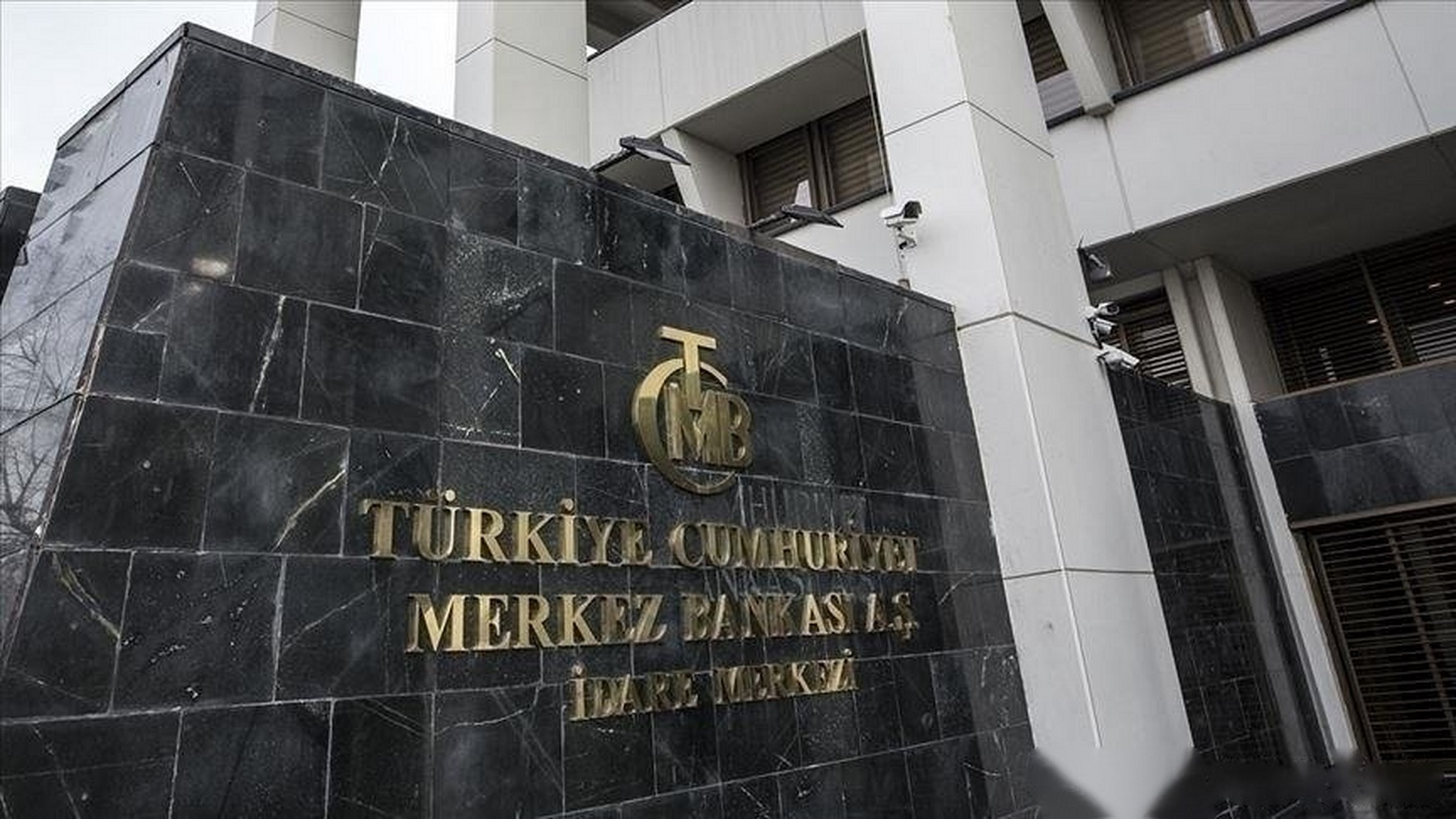
2. Securities market
Istanbul Stock Exchange
Established in April 2013, the Istanbul Stock Exchange (BIST) is the only stock exchange in Türkiye, which is merged by the Istanbul Stock Exchange (ISE), the Istanbul Gold Exchange and the Turkish Derivatives Exchange. According to the Istanbul Stock Exchange's 2019 Comprehensive Annual Report, the Istanbul Stock Exchange has 375 listed companies with a total trading volume of 2.1 trillion lira in the stock market (ranked 21st in the world), 16.2 trillion lira in the borrowing tool market (ranked 8th in the world), 1.46 trillion lira in the options and futures trading market, and 74.3 billion lira in the precious metals and gemstones market.
3 Insurance Market
Türkiye's insurance market assets are small, especially the life insurance industry is still in its infancy. Influenced by Islamic belief, Turks have low acceptance of insurance industry. There are three types of insurance companies in Türkiye's insurance market: non life insurance companies, life insurance and pension insurance companies and reinsurance companies. The insurance companies with a large market share are AK Sigorta, Allianz, and Ankara Sigorta.
4 Financial regulatory agencies
Türkiye's financial supervision system is composed of the Banking Regulation and Supervision Agency (BRSA) and the Capital Markets Board of Turkey (CMB).
Banking Regulatory Authority (BRSA)
The Banking Regulatory Authority, headquartered in Istanbul, is responsible for supervising the business activities of Türkiye's financial market, financial institutions and consumers. Its specific responsibilities include ensuring the effective operation of the banking credit system, formulating financial industry development strategies, ensuring that financial entities carry out activities safely within the scope of supervision, and maintaining the development of the financial market and financial stability.
Capital Market Committee (CMB)
The Capital Market Committee was established in 1981, with its board headquarters located in Ankara. Its functions include regulating the securities market and institutions, formulating rules for the operation of the capital market, protecting the rights and interests of investors, approving and issuing relevant documents on public offerings and securities trading, monitoring capital market transactions, disclosing the financial status of operating institutions, and regulating market behavior. The regulatory targets of the committee include securities companies, securities intermediaries, investment companies, audit firms, stock exchanges and general secondary markets, precious metal exchanges and derivative exchanges, as well as other relevant institutions operating in the capital market, such as rating agencies, clearing institutions, etc.
